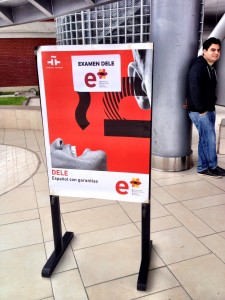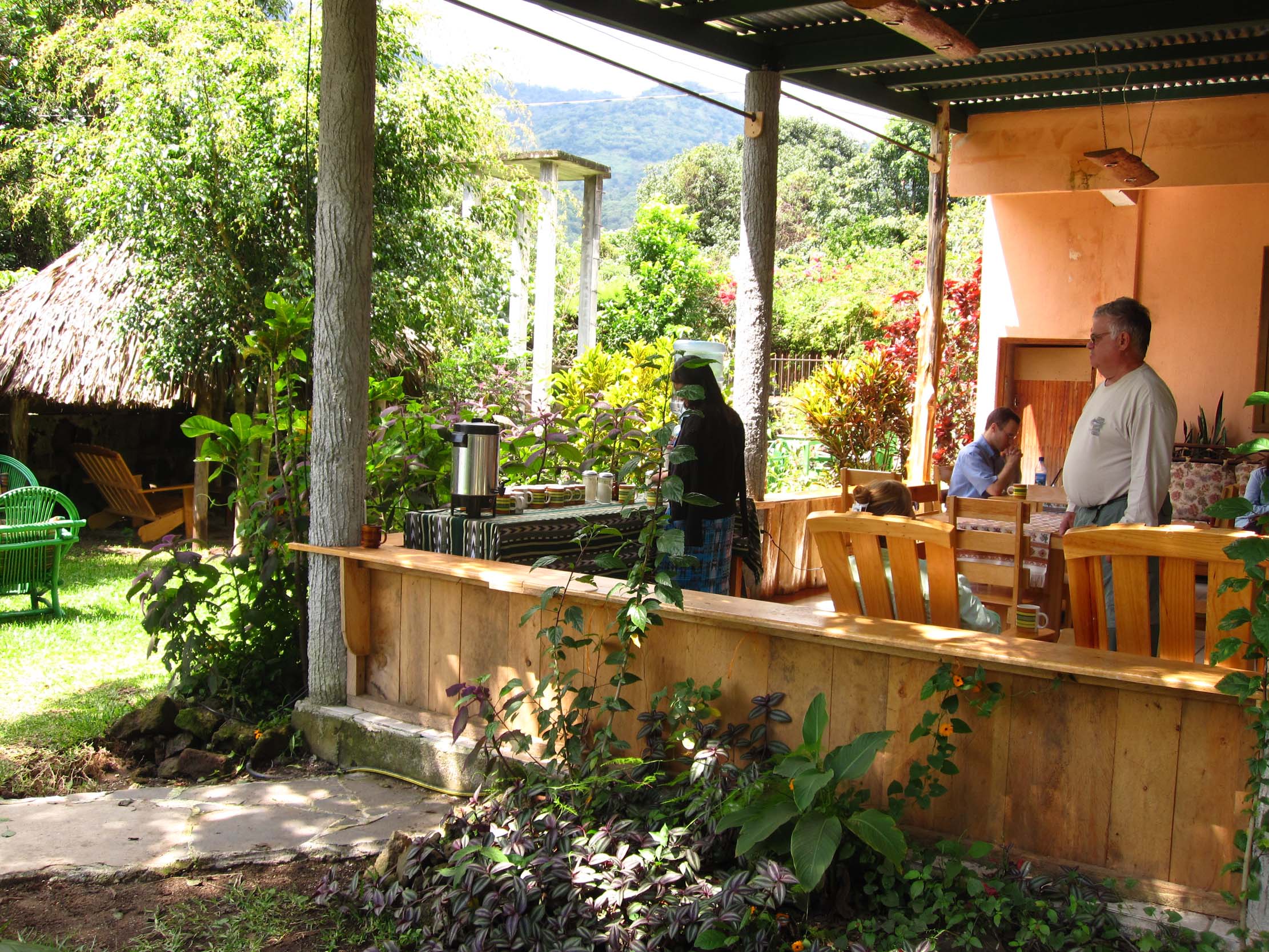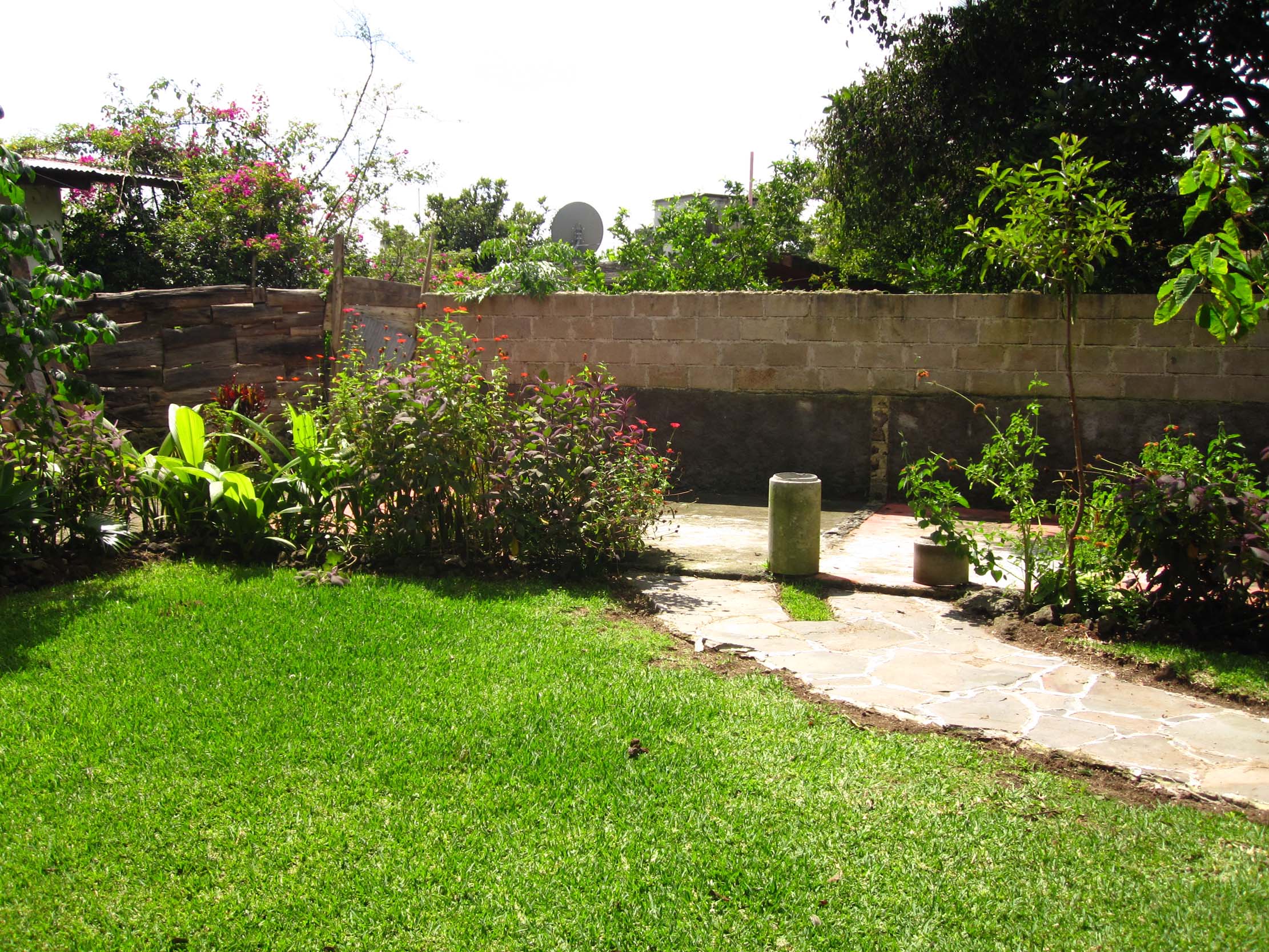Over the past couple of weeks I had been studying for the DELE exam (Diplomas de Español como Lengua Extranjera) which is a language proficiency test done by the Instituto Cervantes of Spain. Specifically it’s from the Ministerio de Educación, Cultura y Deporte de España. They tell me it’s not as hard as the TOEFL, but still, this was one of the more challenging exams I had taken. Basically, the C1 level is one step below the C2 level (native language ability) and it’s supposed to ensure that the non-native Spanish speaker can do the following things:
- Understand a wide range of long, demanding texts and recognize implicit meaning.
- Express themselves fluently and spontaneously without much obvious effort to find the right expression.
- Be flexible and effective in the use of language for social, professional and academic purposes.
- Be able to produce clear, well-structured, detailed text on complex subjects, showing controlled use of organizational patterns , connectors and cohesive devices.
It’s split up into four tests:
- Test 1 : Reading comprehension and use of language (90 minutes).
- Test 2: Listening and language use (50 minutes).
- Test 3: Integrated skills . Listening comprehension and written expression and interaction (80 minutes).
- Test 4: Integrated skills . Reading comprehension and oral expression and interaction (20 minutes) ( 20 minutes preparation ) .
I spent a total of eight hours on a Friday at the Universidad de Ricardo Palma here in Lima, Peru. I finally got back to my apt at about 9:15pm. It was a lot of work not only to take the test, but the whole period of preparation to learn the structure, practice the components of the structure, and perform well.
Overall, I think it’s a good exercise. I really do think if someone possesses a high level of Spanish language ability then they should be able to do well on the exam, really with little problem. What struck me throughout the process is just how much a few things really matter:
- Deep Understanding
- Critical Thinking
- Accuracy
It’s really a process of sharping a language so that you know exactly what a text/conversation/argument is saying, what it’s not saying, and when someone asks you a specific (non-obvious) question in relation to a complicated subject, you can respond with a nuanced, well-thought out response. That’s not just a Spanish skill, but really an overall skill for approaching any subject with clarity, balance, and precision. Great practice I say, but wow, is it incredibly difficult in a foreign language.
I’m extremely relieved to be done, but what remains are two primary concerns. One, that I won’t pass and I’ll think for some reason that 3.5 years in Latin America hasn’t meant anything and that I’m not good at Spanish. The other is that I will pass, and within the day I’ll find myself completely confounded by a conversation or situation. Either way, they both tell of the same thing – that an exam score doesn’t determine proficiency of the test-taker. It’s really about how well that exam was able to unearth those vital skills of of understanding, critical thinking and accuracy.
You don’t need an exam to help you do that, but it sure does light a fire under you!





